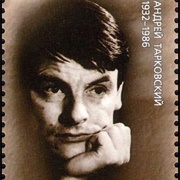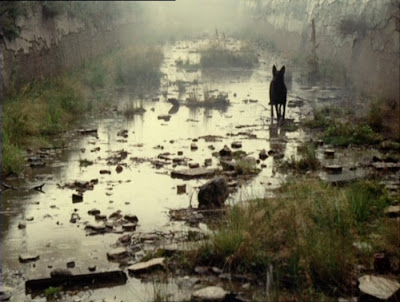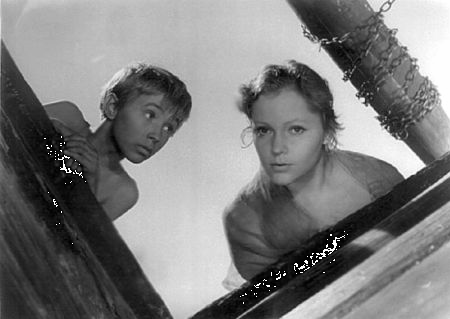 | to me: Greatest russian director . "Contemplative", "spiritual" cinema, unique cinematic style of incredibly long takes and slowly-pulsating rhythm! imdb page andreitarkovski.org filmref.com article |
Favorite movies list
Stalker (1979)
Two men, a writer and a scientist, engage the special mystic skills of a Stalker to guide them through the forbidden 'Zone', a damp, fecund, overgrown wasteland where a meteorite has fallen 20 years ago and the rules of nature are said to no longer apply. At the centre of the Zone, it is reputed, is the Room, a place where the deepest desires of one's heart are said to come true. As the men approach the threshold to The Room, their fear and trepidation for the materialization of their answered prayers leads to profound revelation and self-discovery.
Spoiler: in the end (after ~3h of film) they give up, don't enter the room and go back home!


... It could be viewed that it was Stalker who had created the Zone's world in order to invent some sort of faith / hope.
Ivan's Childhood (1962)
Dark film of a twelve year-old orphan boy who acts as a scout for the Red Army as his zealous desire to avenge the death of his parents spurs him on to increasingly dangerous espionage missions behind German lines. The film skirts between the harsh world of war and the lost dreams of childhood.

Although there was, presumably, nothing 'holy' about the Russians Great Patriotic War, Tarkovsky shoots his movie like a religious epic. The aura of holiness around Ivan registers neither as religious bombast nor as patriotic myth-making, but rather as an awed respect for childhood mysteries.
Hauntingly beautiful scene: the apple cart with the two children (with the background in negative).
Solaris (1972)
Based on a novel by Stanislas Lem. A psychologist is sent to a space station situated over the ocean planet Solaris. When he encounters an eerie resurrection of his wife, Khari, who had committed suicide several years earlier, he begins to realise that an alien intelligence on Solaris has an ability to materialise man's innermost thoughts.
Tarkovsky has gone way beyond SF conventions into poetry: "spiritual" fiction. It is about the limits of science, free will, personal identity, love and nostalgia.

Tarkovsky is not a science-fiction director, and only liked the story for its psychological aspects, not its technological aspects. He was forced by Lem to make a movie that stayed closer to the original story, and thus we got the best of both worlds.
Penetrating the ZONE (SFMOMA article)
